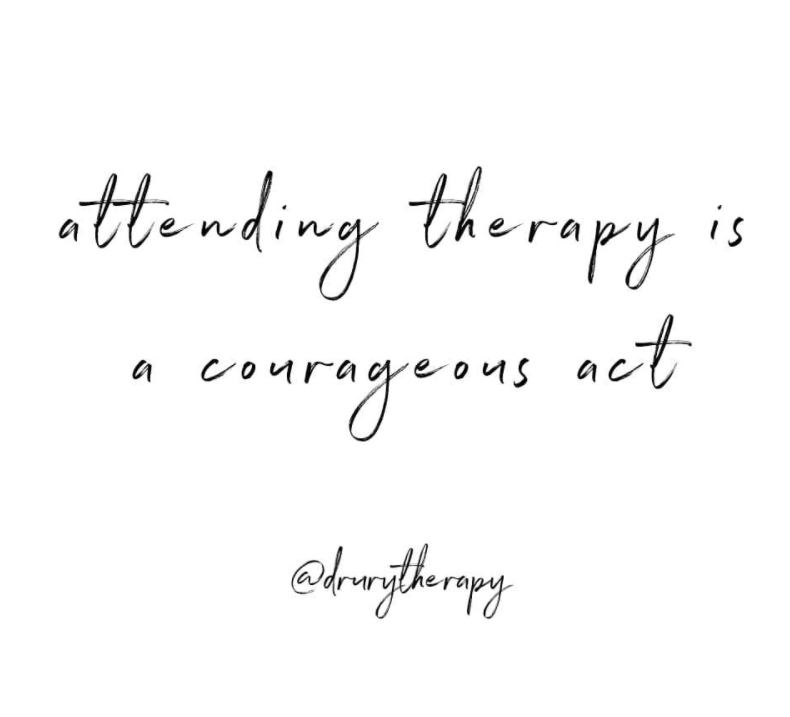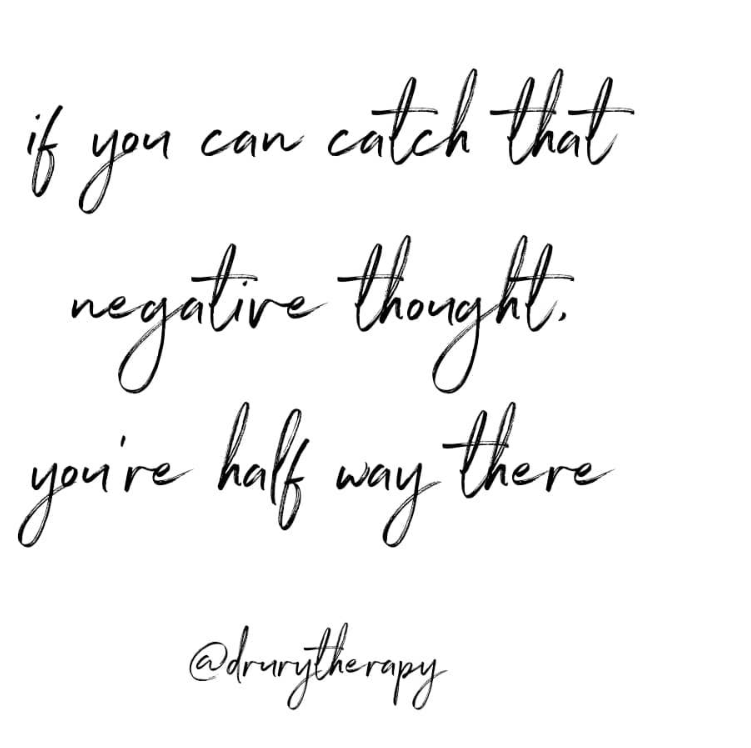With the recent ramping up of lockdowns and self-isolating, never has there been a time where victims of domestic violence are at such a high risk. One of the forms of abuse I wanted to talk about, is one that is not well understood or known: Covert Abuse. #covertabuse is sometimes also referred to as stealth abuse or ambient abuse. It is emotional and psychological abuse that doesn’t include obvious abusive behaviours, such as threatening or rage. It is systemic, quieter abuse that emotionally manipulates the other through evasions, blame-shifting, twisting words and gaslighting. The abuse may also include subtle physical behaviours; staring down, defensive or challenging body language.
What these covert aggressions do is make it difficult for the victim to clearly describe, interpret or tackle the abusive behaviour. As a result, the victim believes that they are at fault and are the cause of the issue.
This abuse often happens over time through planting seeds of self-doubt and making someone feel inferior. It is subtle, which makes it easy to ignore, deny, and minimize. The abuser attempts to wear down the identity of the victim, creates an environment of trepidation, shame and control.
Covert abuse is multifaceted and not easy to pin down. If you have found yourself questioning your sanity, feeling that you are walking on egg-shells, that you can’t trust your partner but you don’t know why, that you feel like you are diminishing inside, these could be signs of covert abuse.
Write out conversations and try to identify abuse and all the tactics used. Abuse like manipulation, is traumatic and can severely damage your self-worth over time. Show yourself compassion and care, reach out to a friend, a support service or seek a therapist. Perspective, support and gentleness is an important factor in this journey to bring clarity and help repair.




















